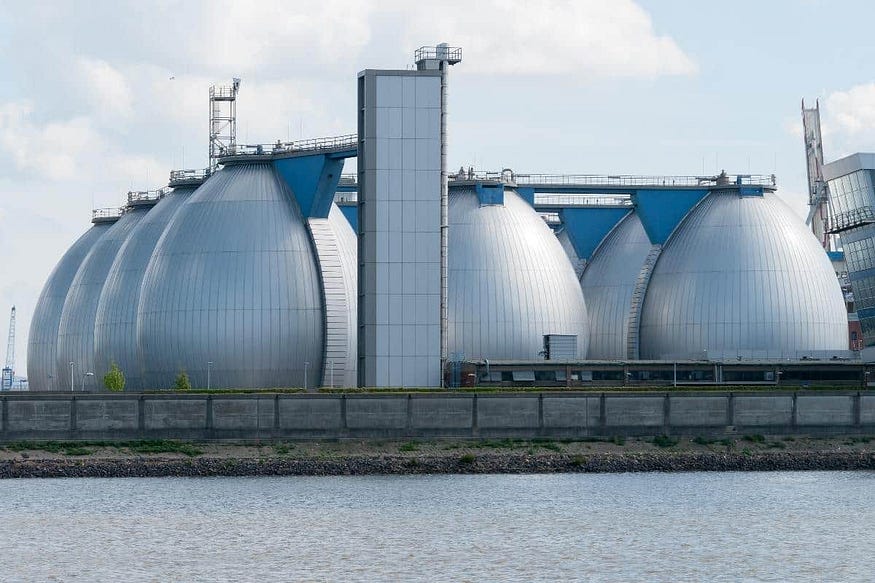Biogas in Kerala: Enhancing Oxygen Generation for Optimized Performance

Kerala, known for its lush greenery and eco-conscious initiatives, has embraced biogas as a sustainable energy solution. Biogas plants have become a significant component in managing organic waste while generating clean energy. However, one crucial aspect of maximizing the efficiency of biogas plants is ensuring adequate oxygen generation. In this article, we explore the importance of oxygen in biogas production and how Kerala’s biogas plants can benefit from optimized oxygen generation techniques.
Why Oxygen is Crucial in Biogas Plants
Biogas in Kerala is primarily produced through anaerobic digestion, a process that breaks down organic matter in the absence of oxygen to produce methane-rich gas. While oxygen is not directly involved in methane production, it plays an indirect but vital role in the initial stages of waste treatment. The aerobic phase, which precedes anaerobic digestion, requires oxygen to break down complex organic compounds into simpler ones. This phase significantly influences the efficiency and stability of the subsequent anaerobic process.
Current Challenges in Oxygen Management
In many biogas plants in Kerala, inadequate oxygen levels during the aerobic phase can lead to inefficiencies, such as:
- Incomplete decomposition: Organic waste remains partially broken down, reducing methane yield.
- Odor issues: Poor oxygen management can result in foul-smelling by-products.
- Increased maintenance costs: Inefficiencies often lead to equipment wear and tear.
Innovative Solutions for Oxygen Generation
To tackle these challenges, several innovative techniques can be implemented to enhance oxygen levels in biogas plants:
- Aerators and Oxygen Injectors Modern aeration systems ensure that the organic waste receives adequate oxygen during the aerobic phase. Devices like diffused air aerators and mechanical aerators can distribute oxygen evenly.
- Natural Ventilation Systems Utilizing Kerala’s tropical climate, biogas plants can incorporate natural ventilation methods to enhance airflow and oxygen availability. This approach is eco-friendly and cost-effective
- Algae-based Oxygen Generation Algae cultivation systems can produce oxygen naturally, contributing to the aerobic process while also offering additional benefits like carbon sequestration.
- Oxygen-Enriched Chambers Installing oxygen-enriched chambers at the initial treatment stage ensures complete decomposition of organic waste before the anaerobic phase begins.
Benefits of Optimized Oxygen Generation
By adopting these solutions, biogas plants in Kerala can achieve:
- Higher Methane Yield: Improved aerobic digestion lays the groundwork for efficient methane production.
- Reduced Environmental Impact: Enhanced oxygen management minimizes harmful emissions and odors.
- Lower Operational Costs: Efficient waste processing reduces wear and maintenance requirements.
Kerala’s Potential as a Biogas Hub
Kerala’s commitment to sustainability, coupled with government initiatives and community participation, makes it an ideal location for biogas innovation. Integrating advanced oxygen generation techniques can set a benchmark for other states and regions to follow.
Conclusion
Optimizing oxygen generation in biogas plants is not just a technical upgrade but a necessity for sustainable energy practices. By focusing on this critical aspect, biogas in Kerala can continue to lead the way in green energy solutions. Whether through advanced aeration systems or innovative natural methods, ensuring sufficient oxygen levels is key to unlocking the full potential of biogas in Kerala.

Comments
Post a Comment